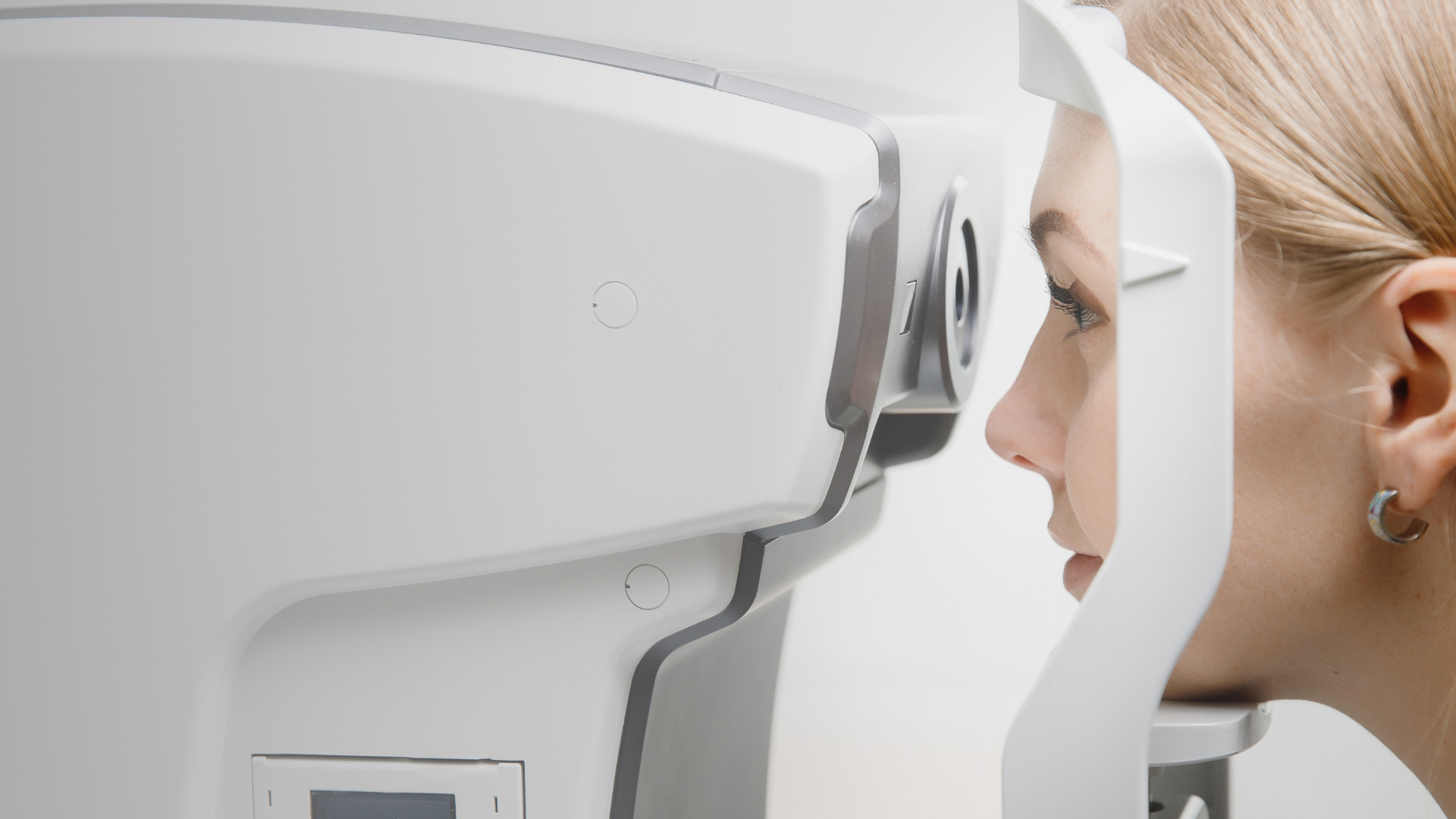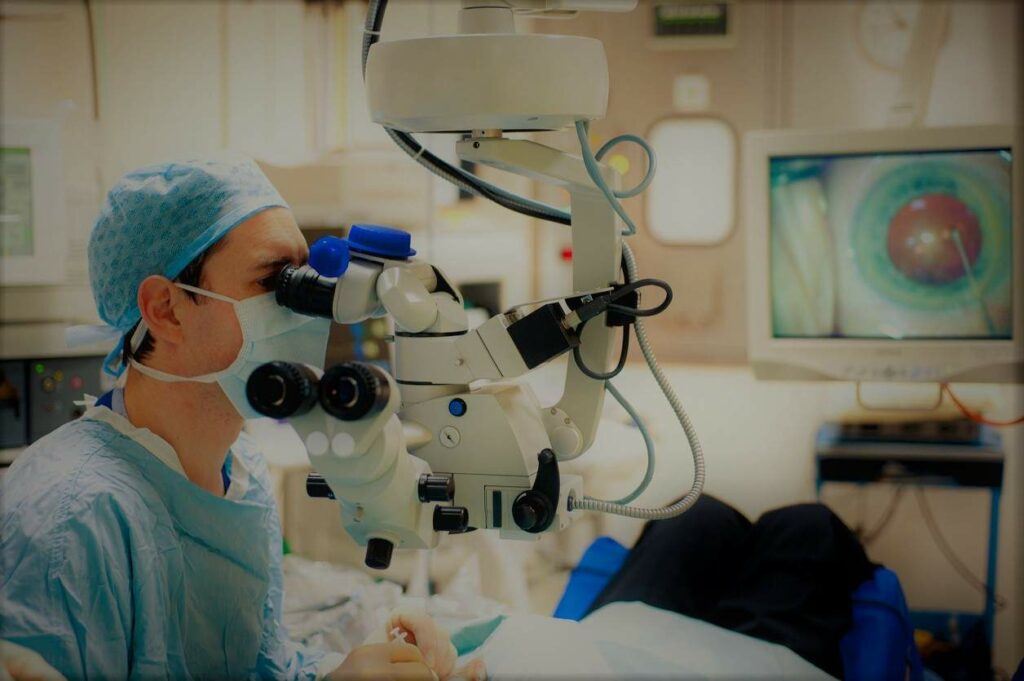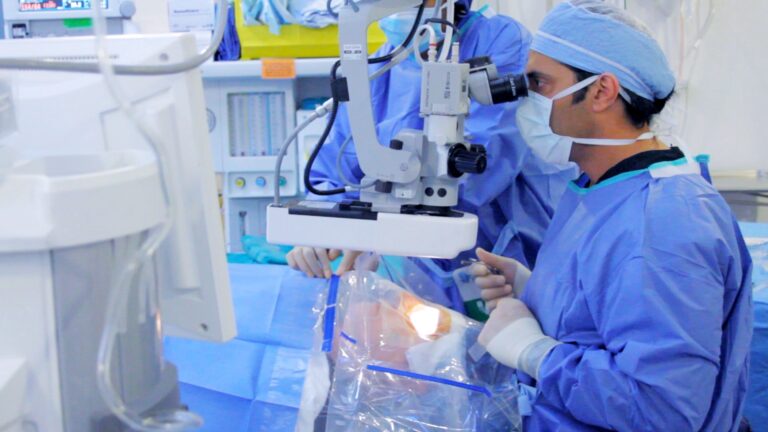
The eye’s natural lens is crucial because it focuses light onto the retina, the back of the eye (back of the eye). Light is received by the retina, where it is transformed into an electrical signal that is carried down the optic nerve to the brain.
A cloudy lens will not allow light to travel through it properly, rendering it useless. This isn’t an issue for the vast majority of individuals. Cataracts occur when the clear, crystalline lens normally located in the eye becomes clouded, which is a serious condition.
Many people’s future will include the onset of cataracts simply as a result of becoming older. Cataracts can be found in over 90% of the population over the age of 65. But, the good thing here is that, cataract surgery has a very high success rate of about 98% to 99%, so people don’t have to worry about the process.
The proper candidate for cataract surgery may have profound personal and professional benefits from the operation. This restores the patients’ clear vision, which might have been obscured by the cataract. Many individuals all over the world often worry about whether or not they qualify as good candidate for a cataract surgery.
Cataract diagnosis is necessary for consideration as a surgical candidate. To do this, you need to schedule a visit with an ophthalmologist who will do a thorough examination of your eyes and ask you a series of questions to determine the state of your vision.
Related: How to Prepare for a Cataract Surgery

Normally, you should visit your eye doctor once a year for a checkup, however the majority of individuals wait until the symptoms become severe enough to compromise their quality of life. People have the means to diagnose cataracts early on, when they are most easily treated.
Cataract surgery applicants need to be in excellent health generally and have realistic expectations for the procedure’s ability to enhance their eyesight in a risk-free manner. In the interest of your health, your doctor will consider a number of factors before considering cataract surgery.
When It is Time to Think About Cataract Surgery
Any time symptoms get in the way of living a full, rich, and satisfying life is when surgery for cataracts should be seriously considered. Although, most eye doctors prefer to wait until the cataract has fully developed before proposing surgery, as the symptoms intensify over time.
However, a modification in eyeglass prescription is often effective in treating early-stage cataract formation. The patient will eventually need cataract surgery as the situation deteriorates, but this buys them some time before they have to resort to drastic measures.
Ultimately, you should talk to a medical professional. Because every patient is unique and requires a customized treatment strategy, your ophthalmologist will advise you on whether or not cataract surgery is necessary for you.
Cataracts: Recognizing the Warning Signs, Symptoms, and Dangers
As we’ve already established, a diagnosis of cataract development is necessary before cataract surgery may be performed. In order to recognise the disease as soon as possible, it might be helpful to be aware of the early warning indications.
Consider some of the most noticeable symptoms of cataracts:
- Vision that is distorted.
- Vision that is sensitive to light;
- Vision that is cloudy or blurry;
- Vision that fades or changes colours;
- Vision that is doubled or multiplied;
- Vision that has glares and halos around lights;
- Vision that requires constant adjustments to the prescription;
You should see an eye doctor immediately if you have any of the above symptoms. Schedule another appointment and inform your doctor about your current symptoms, even if you’ve previously seen them this year. They will aid in diagnosis, treatment, and detection.

The Time Period Prior to, During, and Following Cataract Surgery
In order to guarantee it is safe to proceed with cataract surgery, your eye specialist will check your blood pressure and heart health prior to the procedure. In the days before surgery, your doctor may tell you to cease using a certain drug. A local anaesthetic and eye drops will be used to numb the eyes in preparation for the procedure.
The procedure is performed on an outpatient basis (in the doctor’s office) while the patient is awake. Assuringly, the procedure takes just around 15-25 minutes for each eye, and it causes no discomfort. To minimise discomfort, your eye doctor will only treat one eye at a time.
The clouded lens will be emulsified and removed through a tiny incision made by your ophthalmologist. The natural lens is removed and an intraocular lens (IOL) is implanted in its stead. The new one should crystal clear, just how natural one was formerly, so it won’t cloud the patient’s vision.
A bandage or eye shield will be placed over your eye to prevent infection after surgery; don’t worry, you’ll be able to take it off later that day. The recuperation process will begin once you have rested for 30 minutes. There must be someone to give you a ride back home.
It might take anything from a few weeks to a few months for the eye to fully recover. Your eye doctor will want to see you many times throughout this period to check on your progress. During this time, you will be instructed to put some eye drops in your eyes and may be given a shield to wear while you sleep.
Do You Have Other Worries About Cataract Surgery?
Those who undergo cataract surgery typically see immediate improvement, which can drastically improve their quality of life. Get in touch with a surgeon if you have any suspicions that you would need a cataract surgery, in case you have questions about the process, or if you are experiencing any of the earliest symptoms of a cataract.






